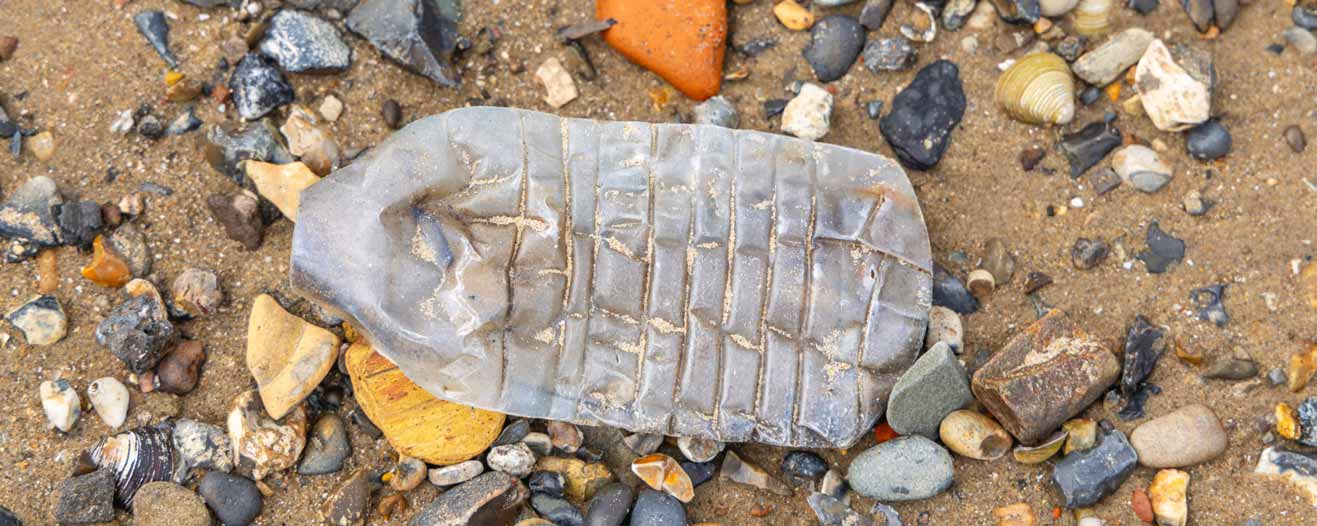- Find a Pet
- Advice and Welfare
- Ways to Give
- Get Involved
- What We Do
- Search
- My RSPCA
- Report a concern
- Gift in Wills
-
Colour modeVivid Calm
- Home
- Advice and welfare
- Litter
- Single use plastics
Single-use plastics
Single-use relates to items that are only used once before they're thrown away. The problem with 'plastic waste' is that it doesn't break down, it only breaks up into smaller and smaller parts. This impacts the environment and wildlife for years to come.

Single-use plastics are everywhere
Single-use plastic is all around us in our homes, schools and workplace.
Common examples are:
- Drinks bottles and straws
- Household products - soaps, shower gels, shampoos
- Food packaging
- Shopping bags
Plastic pollution
The global impact of plastic on the environment and animals is huge. Plastic pollution is harmful because of the toxic chemicals produced when the plastic breaks apart. These chemicals pollute the environment and animals causing long-lasting damage affecting our ecosystem.
For example, marine turtles, eat or become entangled in plastic found in the sea. This is a very real and distressing problem threatening marine wildlife.
Case study- seal found with a severe neck wound
Mrs Vicar was found with a plastic ring cutting into her neck. The ring had been stuck for at least two years. As the seal grew so the ring became tighter around her neck. After three months of rehabilitation with us, Mrs Vicar was released back into the wild.
Cases like this are sadly not unusual. Find out what to do if you find an injured animal.

Banning single-use plastics
Plastics feature in our everyday lives and plastic pollution affects the welfare of the animals around us. The English Government is moving to ban the supply of single-use plastic which is a step in the right direction. We also need to commit to changing our own behaviour. Without this, animals and our fragile environment will continue to suffer.
Taking responsibility
Changing our behaviours around using plastic products is something we can do right now. Disposing of our plastic waste responsibly by:
- Recycling
- Reusing
- Reducing
We can also learn how to help wildlife and preserve our surroundings by getting involved as a volunteer.



